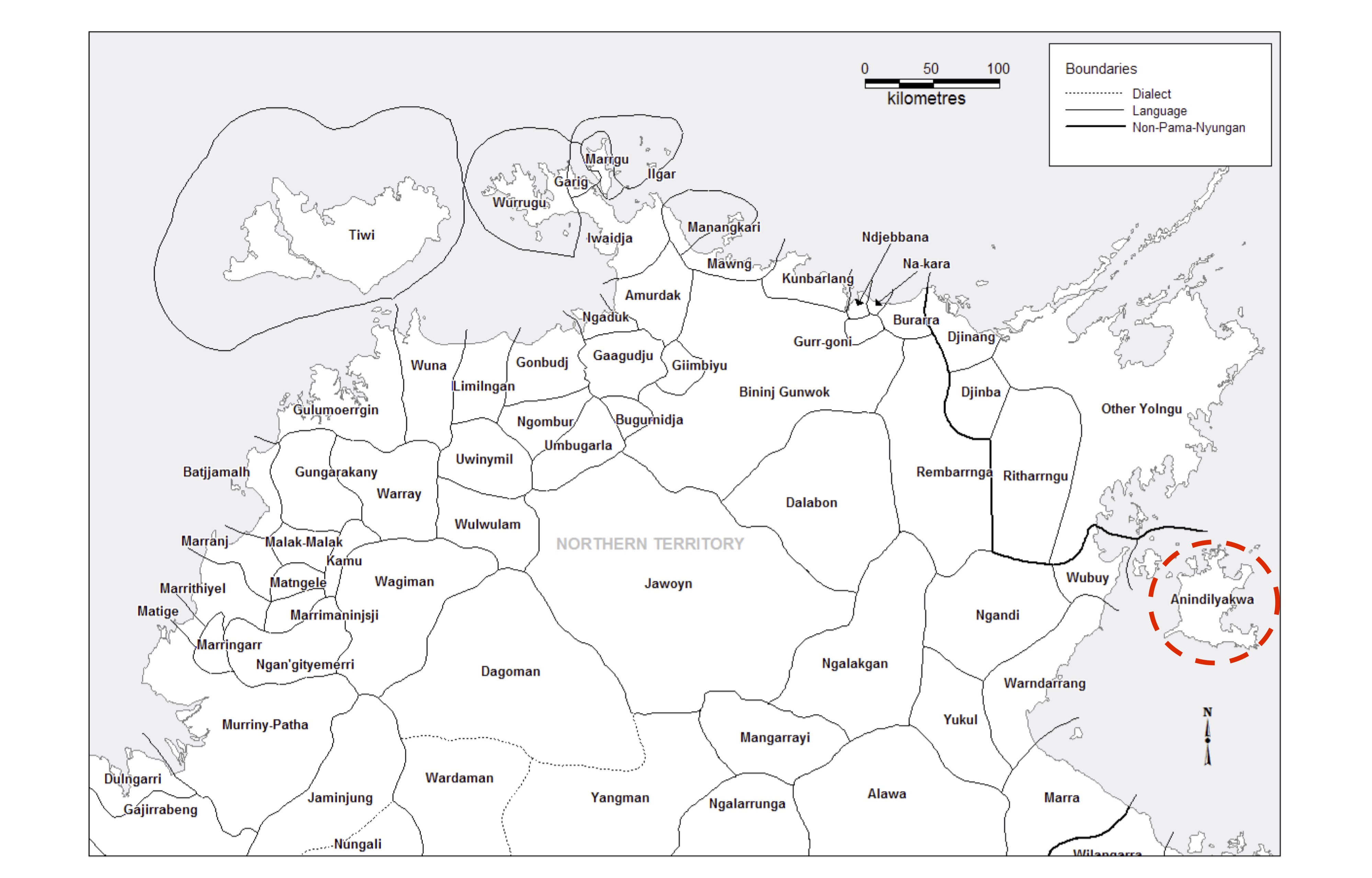So-called ‘zero’ or ‘null’ tenses have often been characterized as functionally deficient forms, deprived of any inherent content. In this paper, we will focus on the semantics of a morpho-phonologically null inflectional verbal paradigm in Anindilyakwa (Groote Eylandt, N.T., Australia, which is both temporally and aspectually underspecified. Through a quantitative corpus study conducted in the paper, we establish that ‘zero inflection’ in this language, contra prior works on such tenses in general (e.g. Bybee 1990) and in Anindilyakwa in particular (Bednall 2019), presents various degrees of sensitivity to traditional Vendlerian aspectual parameters. We show that while telicity is not a significant predictor for the temporal interpretation of zero-inflected Anindilyakwa verbs, and dynamicity is a good but not very good predictor, only a very broad opposition between change-of-state (including qua boundedness) and non-change-of-state, or perfective/imperfective, gives very significant biases towards past vs. present anchoring. We also show that atomic telicity is the only categorical Aktionsart predictor for temporal anchoring in this context correctly predict the temporal anchoring of such verbs, and stativity is not biased towards present interpretations, thereby questioning currently received typological theories of the semantics of so-called ‘zero-tenses’ / aspectuo-temporally underspecified tenses.

